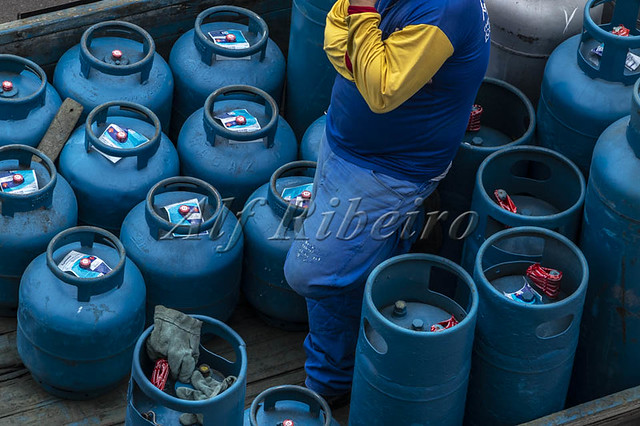East Africa’s LPG Sector: Today’s Challenges are Tomorrow’s Opportunities.
LPG consumption in East Africa has been growing exponentially, especially in Kenya, Tanzania, and Rwanda, where the annual growth has been at least 15 percent.
However, compared to other African Regions, such as North African countries where per capita consumption is more than 20 Kg per person per year, LPG per capita consumption in East Africa is relatively low.’
Kenya is leading at about 6 kg per person per year, followed by Tanzania and Rwanda at about 2.5 kg per person per year and Uganda as well as Burundi having less than 2 Kg per person per year.
Opportunities disguised as challenges
Like in any sector, the challenges have caused low penetration and consumption of LPG in East Africa. Butt the way we are approaching the challenges is by focusing on opportunities.
1.Inadequate investment in LPG infrastructure: This is the first issue in the sector. The projected increase in demand for LPG requires the rapid development of infrastructures, including LPG receiving and storage terminals, LPG refilling plants, LPG cylinder manufacturing facilities, and LPG transportation trucks.
2.Awareness: The beneficiaries’ understanding of the social benefits of using LPG could be higher. The popular misconception among consumers is that LPG is dangerous, highly explosive, and could endanger their homes. The common belief is that gas leakage cannot be detected and hence explode. Also, it is seen as a luxury reserved for the rich.
3.Affordability: The other issue is managing affordability, including upfront costs for stoves and related equipment can present a large share of poor East Africans. Some companies have turned this barrier into an opportunity by employing the “pay as you go” business model.
4.Subsidy burden. The surging energy price has increased the cost of LPG cylinders in many East African towns. Some African governments like Malawi are in the process of removing VAT on LPG and cylinders to reduce the landed cost of LPG in the country.
5.Skills Shortage. This skills shortage in the LPG sector presents opportunities for the development and training of LPG installers to ensure installers are trained and certified competent to install gas appliances safely.
In Conclusion
To succeed in this new, changing environment, LPG equipment manufacturers and investors must have a 360° view of the regulatory policies, future demand, costs, and competition in this market.
We have a deep understanding of the LPG sector in Tanzania and Africa: this, combined with in-depth research and analysis, enables us to help business professionals understand the economic and regulatory landscape of the LPG industry.



